
Cavities or Gum Disease? Here’s How to Naturally Heal Both
If you’re experiencing problems related to tooth decay or gum health, there’s some positive news! In many cases, you have the potential to undo the damage by adopting certain dietary and lifestyle practices. It’s worth noting that poor dental hygiene is associated with conditions like heart disease, inflammation of the heart lining, pneumonia, and complications during pregnancy and childbirth.
In fact, having periodontal disease could increase your likelihood of experiencing a significant cardiovascular event, such as a heart attack or stroke, by up to three times. Various health issues like diabetes, HIV/AIDS, osteoporosis, and Alzheimer’s disease can also significantly affect oral health. Clearly, maintaining the well-being of our teeth and gums holds considerable importance. Now, let’s delve into the methods for accomplishing just that.
The Hidden Impact of Dental Inflammation
Beyond the aesthetic of a healthy smile, oral health is important so we can avoid chronic, systemic inflammation that can cause a host of bodywide health issues, particularly with the cardiovascular system.
Periodontist Dr. Hatice Hasturk of the Harvard-affiliated Forsyth Institute believes “periodontal disease increases the body’s burden of inflammation which can lead to heart disease.” To test her theory, Dr. Hasturk and colleagues fed rabbits a cholesterol-rich diet that mimicked human cardiovascular disease. One group was then infected with bacteria that causes periodontal disease. “Those rabbits developed atherosclerotic plaques that were less stable (and therefore more likely to cause a heart attack) and also had higher blood levels of inflammation than the rabbits that had not been exposed to the gum disease bacteria.”
The bacteria group was then given a compound derived from omega-3 fatty acids that helps to calm inflammation. Incredibly, it not only prevented periodontal disease from developing in the infected rabbits, but it also lowered atherosclerosis and inflammation markers.
In light of these findings, Dr. Alpdogan Kantarci, a colleague of Dr. Hasturk’s at the Forsyth Institute who was involved with the study, notes “If you can control one type of inflammation, you might be able to control another [that is connected with heart disease].”
Concerned about inflammation or heart health? My Mushroom Fourtress and Heart Health Blend in the apothecary can help.
The Best Diet for Your Teeth & Gums
For many years now, researchers and dentists have known that what you eat has a significant impact on oral health. Weston A. Price, a dentist in the 1900s, traveled the world in search of communities that had exceptional dental health. What he found is that those who were isolated from society and ate a traditional diet had strong teeth, proper facial formation, and no gum disease. Once they were exposed to a Western diet, their overall health — including that of their mouth — diminished.
Most are aware sugar and refined carbohydrates are harmful to the teeth and gums. Processed foods, cakes, cookies, candies, soda, dried fruit, honey, maple syrup and other sugar-based sweeteners all damage tooth enamel due to the acid-producing bacteria in the mouth that thrive on these foods. But did you know grains, nuts, seeds, and beans can also be problematic? The issue lies with phytic acid that blocks and binds to minerals, thereby interfering with absorption. This problematic compound also extracts minerals from our bones and teeth — which is something we certainly want to avoid. If you are having difficulty giving up these foods, you can soak, sprout, or ferment them to reduce their phytic acid levels. Traditional sourdough bread is one example of how people historically prepared foods to minimize anti-nutrients.
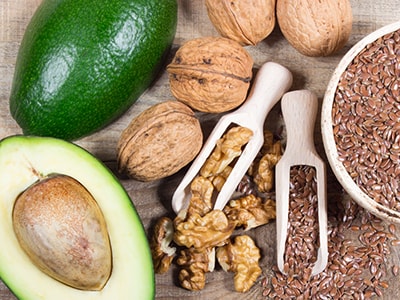 We also want to focus on a diet that is rich in fat soluble vitamins, such as A, D, E, and K. Many are deficient in these with our modern diet — particularly vitamin D. As the name implies, these vitamins are absorbed best when accompanied by a healthy fat. Examples include avocado, olives, coconut oil, and fish. Fermented cod liver oil is also an excellent option as it is a good source of vitamins A,D, and E, especially when paired with butter oil, a grass-fed fat that is specially processed at low-temperatures to contain significant levels of naturally occurring and bioavailable vitamin K.
We also want to focus on a diet that is rich in fat soluble vitamins, such as A, D, E, and K. Many are deficient in these with our modern diet — particularly vitamin D. As the name implies, these vitamins are absorbed best when accompanied by a healthy fat. Examples include avocado, olives, coconut oil, and fish. Fermented cod liver oil is also an excellent option as it is a good source of vitamins A,D, and E, especially when paired with butter oil, a grass-fed fat that is specially processed at low-temperatures to contain significant levels of naturally occurring and bioavailable vitamin K.
For gum health, vitamin C is crucial — and the Ayurvedic herb amla (Indian gooseberry) is one of the best sources as it not only contains high levels of this important nutrient, but it is also one of the most antioxidant rich-plants on the planet. Moreover, it is antibacterial to keep harmful oral bacteria in check.
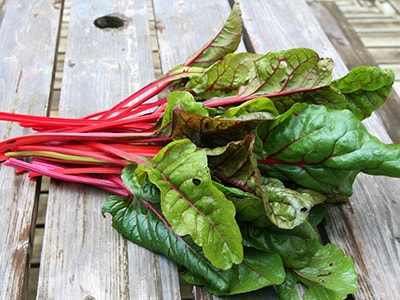
Minerals like calcium, magnesium, and phosphorus are also important for strengthening the teeth and bones. Raw dairy in the form of kefir, yogurt, and cheese, meat, fish, eggs, bone broth, and grass-fed butter are excellent sources. Make sure you are also eating plenty of leafy greens, such as Swiss chard, collards, arugula, and a variety of wild greens. Fresh parsley, oregano, and cilantro are helpful as well.
One often overlooked aspect of oral health is the gut. When you are suffering from leaky gut or microbiome dysbiosis, the absorption of vitamins and minerals you eat are greatly diminished. This is why the root of overall health, including that of the teeth and gums, always begins in the gut. Using a high-quality collagen powder provides the protein and building blocks to help heal leaky gut. Additionally, a variety of prebiotic and probiotic foods supports a healthy microbiome to help alleviate malabsorption issues.
Personally, I use my Balanced Gut Blend everyday as an extra layer of support to heal leaky gut and encourage a robust microbiome. What’s more, this formulation is helpful for addressing acid reflux, which can contribute to tooth decay and poor gum health.
What About Oil Pulling?
A simple and time-tested method for encouraging oral health, oil pulling is an Ayurvedic practice that detoxifies the mouth, combats harmful bacteria, fungus, and plague and promotes healthy gums. The process is simple: place one tablespoon of coconut oil mixed with a drop or two of clove essential oil into your mouth and swish for 3-20 minutes. When finished, make sure to dispose of the oil into the trash, not down the sink as it could cause buildup in your drain. Rinse your mouth with water and you are good to go.
Remineralizing Toothpaste
Of course, brushing and flossing twice per day is an important aspect of dental health. However, some question the use of fluoride toothpaste due to potential toxicity. Thankfully, a safe and effective alternative is available: nano-hydroxyapatite. While both help to remineralize teeth, Mark Burhenne, DDS, prefers hydroxyapatite. Here’s why.
“Although both have antibacterial properties, fluoride kills decay-causing bacteria and some good bacteria. On the other hand, hydroxyapatite does not kill the bacteria. It prevents harmful bacteria from attaching to the enamel. Hydroxyapatite can increase the microhardness of enamel. The coating of hydroxyapatite reinforces the teeth better than the fluorapatite coating. There are no side effects with hydroxyapatite—in fact, it’s safe enough to swallow the entire tube of toothpaste! With fluoride, on the other hand, there’s a poison control label on the tube, and overexposure causes dental and skeletal fluorosis.” Another benefit of hydroxyapatite over fluoride is that it has been shown to naturally whiten teeth without harmful abrasives or questionable chemicals.
The Takeaway
To sum up, it isn’t necessary to be plagued with ongoing dental issues — we can naturally take charge of our oral health by adopting a few simple practices.
Eat a diet rich in nutrients, including leafy greens, raw dairy, meat, fish, healthy fats, bone broth, and collagen. Butter oil paired with fermented cod liver oil is particularly helpful. Soak, sprout, or ferment grains, seeds, nuts, and legumes to reduce phytic acid. Oil pull with coconut oil and a drop or two of clove essential oil twice per day for at least three minutes. Brush with a nano-hydroxyapatite toothpaste and floss 2x/day. Maintain gut health by eating plenty of prebiotic and probiotic foods.


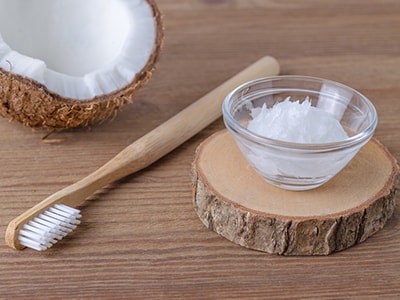

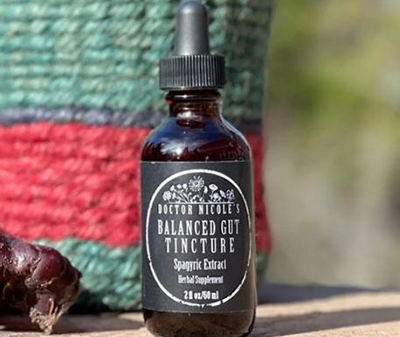
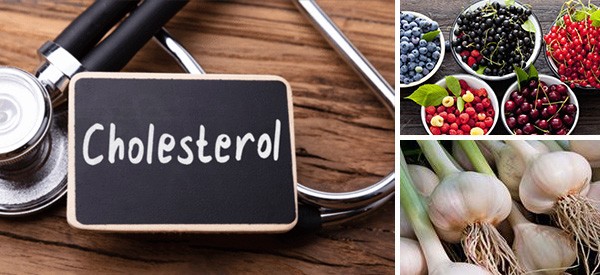
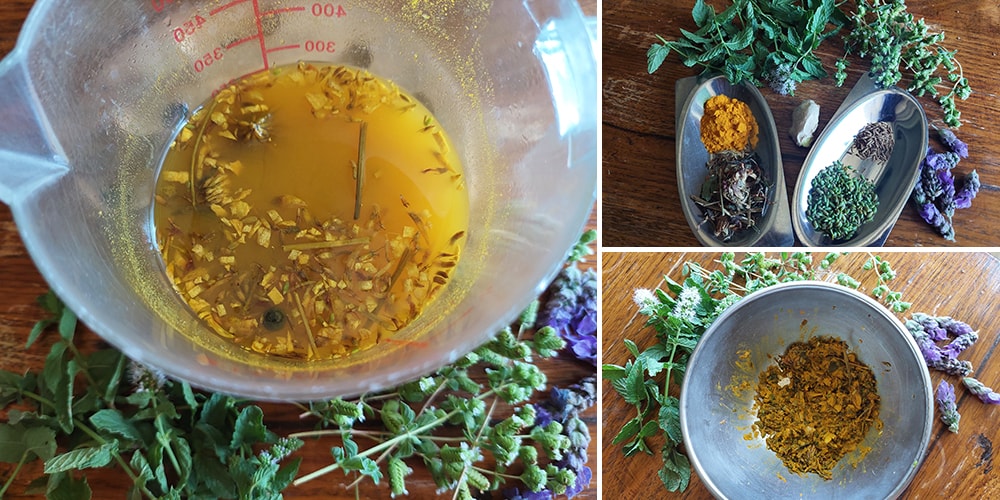
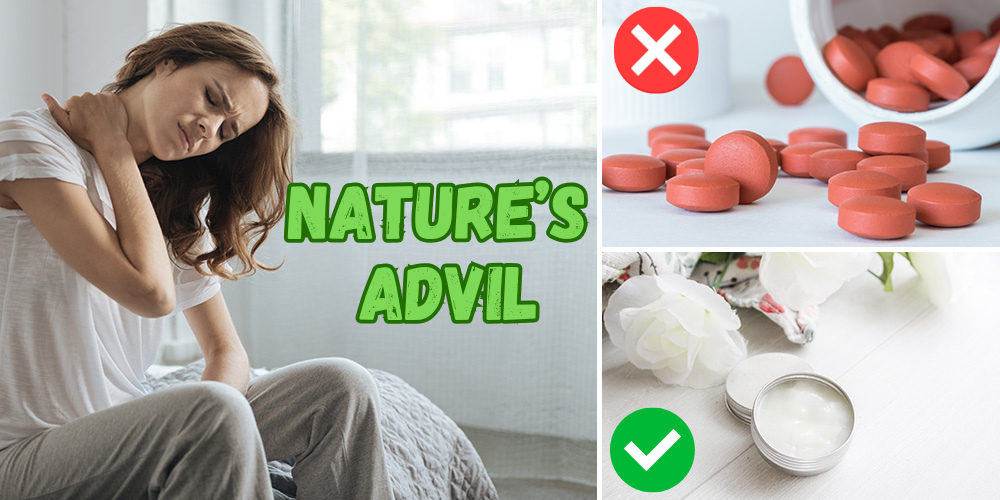
How can I get a copy of your books, I live in france ?
thank you
Hi Angela,
Thank you so much for your comment.
We messaged you! Please check your e-mail inbox.
We wish you the best of health!
I bought your book for my son in Oregon and also paid for the recordings. I have never been able to get them or ‘send’ them to my son-can you help ?
Hi Roy,
Thank you so much for your comment.
We sent you a private message (an e-mail) so we can sort it out.
We wish you the best of health!
Unfortunately, many of us in the UK have fluoride added to our water supply before it reaches us and there is nothing we can do about it.
There are filters that remove fluoride from the water supply. Propur and Berkey water filters are just some of the ones that do.
Hi how can I purchase your book in Australia